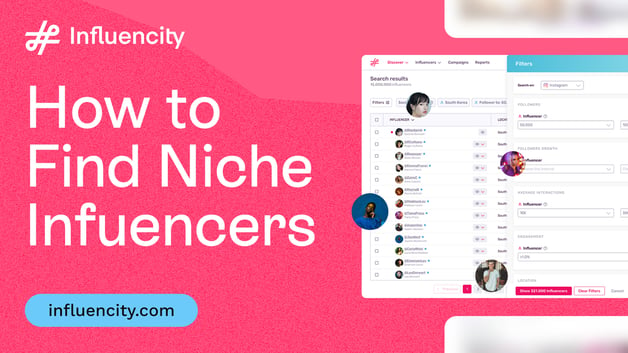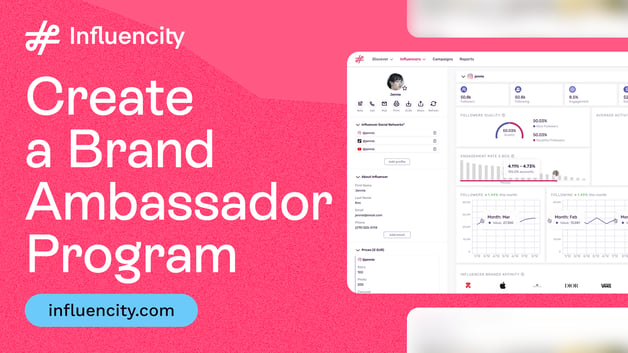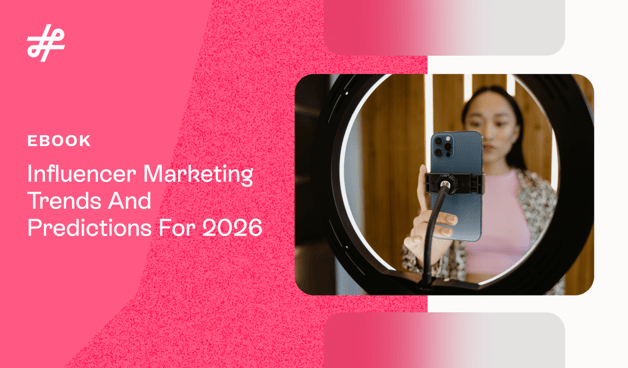5 Powerful Ways to Incorporate Influencers in Your E-Commerce Marketing Strategy
In today’s article, we will explore practical techniques for integrating influencers into an e-commerce marketing strategy. Specifically, we will share insights on leveraging influencers for product promotions, user-generated content, influencer takeovers, affiliate partnerships, and brand ambassador programs to help brands and marketers drive sales and enhance customer loyalty.
Product Promotions
Product promotions are a crucial aspect of any e-commerce marketing strategy. Essentially, a product promotion is where an influencer showcases and endorses a product or service to their followers. With the right approach, collaborating with influencers on this type of campaign can bring numerous benefits to your e-commerce brand.
How?
Firstly, product promotions help increase brand awareness. By collaborating with influencers, you can tap into their loyal and engaged following, expanding the reach of your products to a wider audience. This exposure can generate interest, spark curiosity, and create buzz around your brand.
Secondly, product promotions allow you to tap into niche markets, especially if you collaborate with an influencer who has a dedicated following within a specific niche or industry. This can help you directly reach potential customers who have a genuine interest in your products.
Lastly, product promotions drive traffic and conversions. When influencers authentically showcase and endorse your products, their audience is more likely to trust their recommendations, check out your brand’s website and social media pages, and, eventually make a purchase. This social proof can validate your brand, help you build credibility and consumer trust, and boost the ROI of your campaigns.
User-Generated Content
User-Generated Content (UGC) is a valuable strategy to incorporate into your ecommerce marketing strategy. UGC refers to content created by your customers or followers that showcases their experiences with your products or brand.
There are a number of ways that you can incorporate User-Generated Content in your influencer marketing campaigns. For example, you can encourage your audience to share their experiences and opinions about your product or service on social media using a specific hashtag. This UGC can then be shared by influencers, amplifying the reach and credibility of your campaign. Additionally, you can run contests or challenges that encourage followers to create and share their own content featuring your brand. This not only fosters engagement but also provides a valuable stream of authentic content that showcases real customer experiences and testimonials.
Influencer Takeovers
A social media takeover is when an influencer temporarily assumes control of a brand's social media accounts. During a takeover, the influencer creates and shares content on behalf of the brand, providing a fresh perspective and engaging with the brand's audience. This strategy is particularly effective if your influencer is using Instagram to promote your product as the visually driven nature of the platform allows for compelling content creation and story-driven engagement.
Whatever platform profile your influencer takes over, this collaborative approach can help them to connect with your brand's existing followers, share their expertise, and showcase their own unique style and personality. This, in turn, can help drive brand awareness, increase engagement, and attract new followers through the influencer's established fan base.
Affiliate Partnerships
Affiliate partnerships can be a great addition to your e-commerce marketing strategy. This approach involves collaborating with influencers who receive a commission or incentive for driving sales or conversions to your e-commerce store.
So, how does it work, exactly?
Essentially, with affiliate partnerships, each influencer receives a unique affiliate link or code that they share with their followers. When a follower clicks on the link or uses the code to make a purchase on your e-commerce store, the influencer earns a commission or incentive based on the agreed-upon terms. This creates a win-win situation, as influencers have a financial motivation to promote your brand, and you benefit from their reach and ability to drive sales. It's a cost-effective way to expand your reach, increase conversions, and build brand awareness through the power of influencer marketing.
Brand Ambassador Programs
Finally, including a brand ambassador program in your e-commerce marketing strategy can help you drive sales and enhance customer loyalty.
A brand ambassador is an influencer who represents and promotes a brand, typically on an ongoing basis. They are selected based on their alignment with a brand's values, image, and target audience. Brand ambassadors often have a strong online presence, a loyal following, and a genuine passion for the brand they represent. Their role involves actively endorsing the brand, sharing product recommendations, creating content, participating in events, and engaging with their audience to build brand awareness and loyalty.
Because these programs involve establishing long-term partnerships with influencers, you can build a deeper relationship, allowing them to promote your brand authentically and consistently. As a result, their audience is more likely to trust and engage with their recommendations, leading to increased brand credibility and loyalty and, ultimately, contributing to the long-term success of your brand.
Tags:






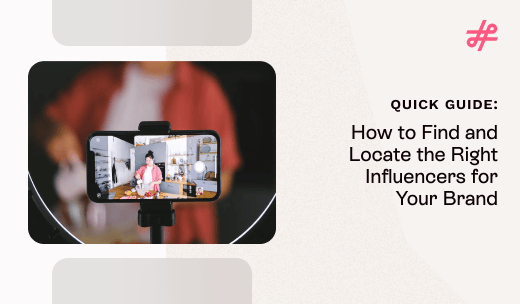


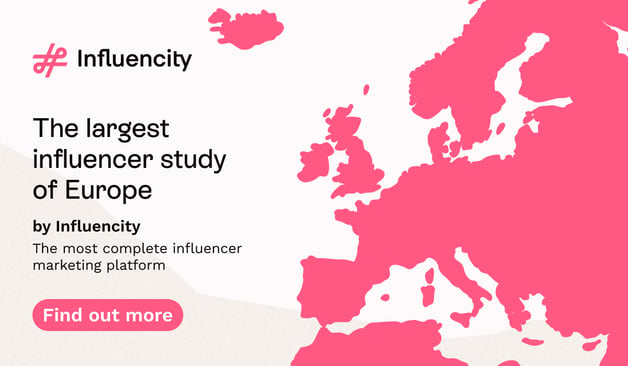

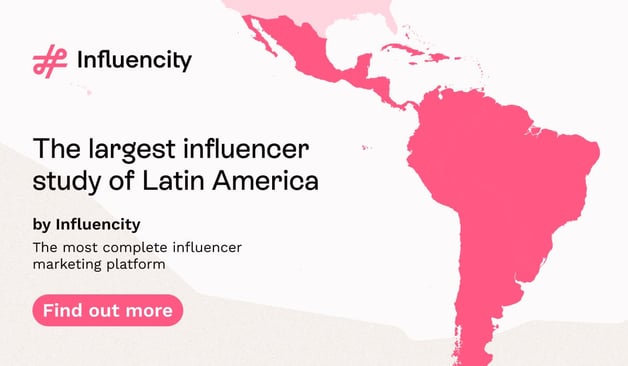


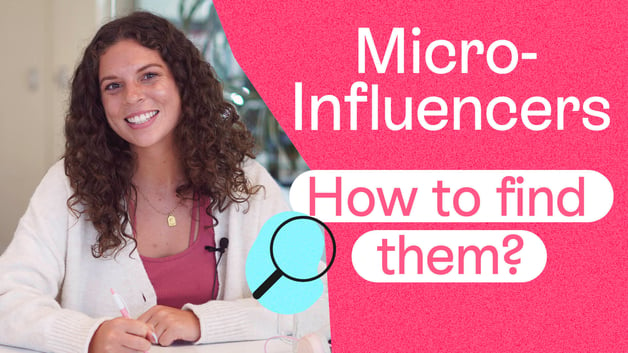


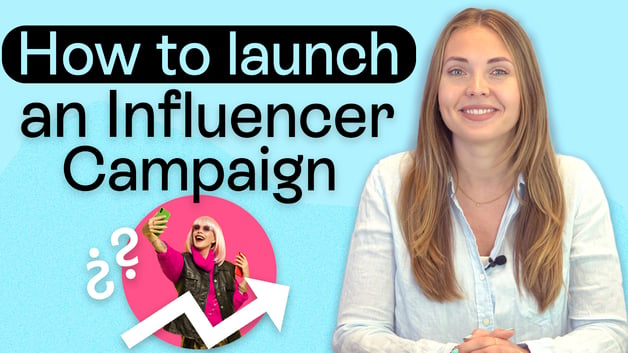

%20and%20How%20Can%20They%20Benefit%20Your%20Brand%20article.jpg?length=628&name=What%20Are%20Key%20Opinion%20Leaders%20(KOL)%20and%20How%20Can%20They%20Benefit%20Your%20Brand%20article.jpg)
